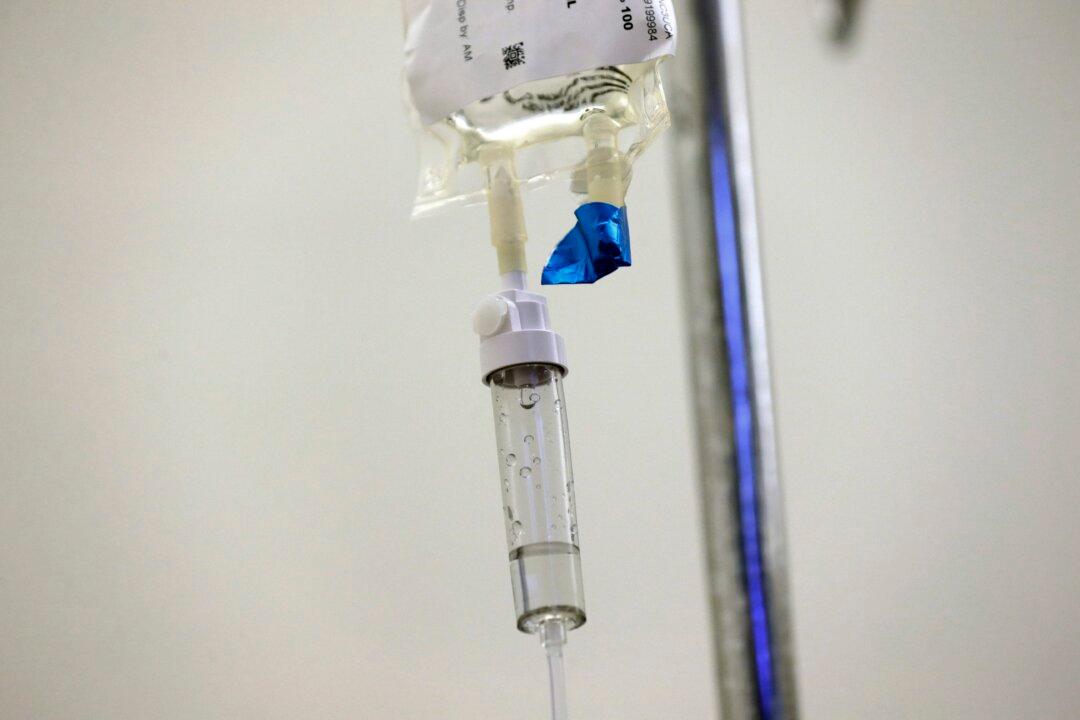Thousands of cancer patients across the United States are unable to access life-saving treatments and medicines due to chronic widespread shortages, according to recent data.
According to a U.S. Senate Committee on Homeland Security and Governmental Affairs report (pdf) published in March, shortages of drugs—including those used to treat cancer, prescription medications, and even common over-the-counter treatments such as children’s cold and flu medicine—are increasing, lasting longer, and severely affecting patient care.




